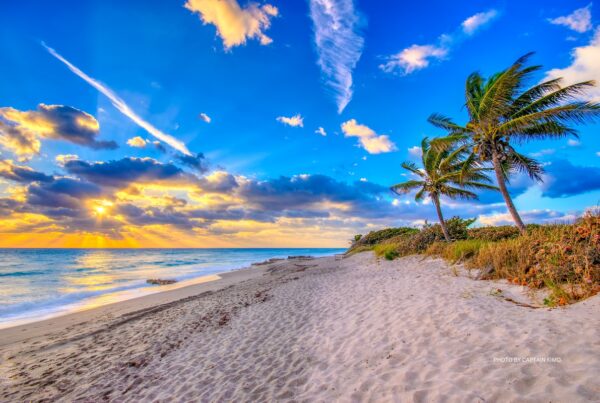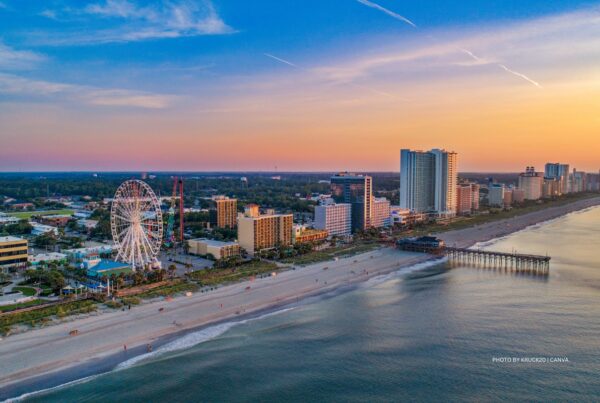Costa Rica has received the United Nation’s highest environmental honor, a Champions of the Earth award.
The Central American country received the honor for its pioneering role in fighting climate change and leading the way to a zero-carbon future.
The United Nations Environment Program (UNEP) recognized Costa Rica in the policy leadership category. A world leader in sustainability, it has drafted a detailed plan to decarbonize its economy by 2050, in line with the Paris Climate Agreement and UN’s Sustainable Development Goals. It hopes to provide a template for other nations to curb the deadly emissions causing rapid, disastrous climate change.
“Costa Rica has been a pioneer in the protection of peace and nature and sets an example for the region and the world,” said Inger Andersen, executive director, UNEP.
“Climate change demands urgent and transformative action from all of us. With its ambitious plans to decarbonize the economy, Costa Rica is rising to that challenge,” she added. “Global emissions are reaching record levels and we must act now to move to cleaner, more resilient economies. Cutting emissions is key and it is thrilling to see Costa Rica take such decisive steps in this direction.”
The decarbonization plan consists of maintaining an upward curve in terms of economic employment growth, and at the same time generating a downward curve in the use of fossil fuels in order to stop polluting. ~ Costa Rica President Carlos Alvarado Quesada
Costa Rica’s National Decarbonization Plan was unveiled in February 2019. It includes bold mid- and long-term targets to reform transport, energy, waste and land use. The aim is to achieve net-zero emissions by 2050, meaning the country will produce no more emissions than it can offset through actions such as maintaining and expanding its forests.
Already, more than 95 percent of Costa Rica’s energy is renewable and forest cover stands at more than 50 percent after painstaking work to reverse decades of deforestation. In 2017, the country ran for a record 300 days solely on renewable power. The aim is to achieve 100 percent renewable electricity by 2030. Seventy percent of all buses and taxis are expected to be electric by 2030, with full electrification projected for 2050.
“Receiving the Champions of the Earth award on behalf of Costa Rica, its entire population, the past generations who protected the environment, and future generations fills me with pride and emotion for what Costa Rica has achieved and for what we can continue to do because we can achieve even more. I feel very proud to be Costa Rican,” said President Carlos Alvarado Quesada.
“About 50 years ago, the country began to advance a series of innovative environmental policies because the paradigm of sustainable development is very much in Costa Ricans’ DNA. The decarbonization plan consists of maintaining an upward curve in terms of economic employment growth, and at the same time generating a downward curve in the use of fossil fuels in order to stop polluting. How are we going to achieve that? Through clean public transport; smart and resilient cities; sound waste management; sustainable agriculture; and improved logistics,” he said.
About Champion of the Earth Awards
Champions of the Earth is the UN’s flagship global environment award. It was established in 2005 to celebrate figures whose actions have had a transformative positive impact on the environment. Categories include policy leadership, entrepreneurial vision, inspiration and action, and science and innovation. The 2019 laureates were honored at a gala ceremony in New York on September 26, 2019. In addition, the event honored seven young environmental trailblazers between the ages of 18 and 30 with Young Champions of the Earth prizes.















